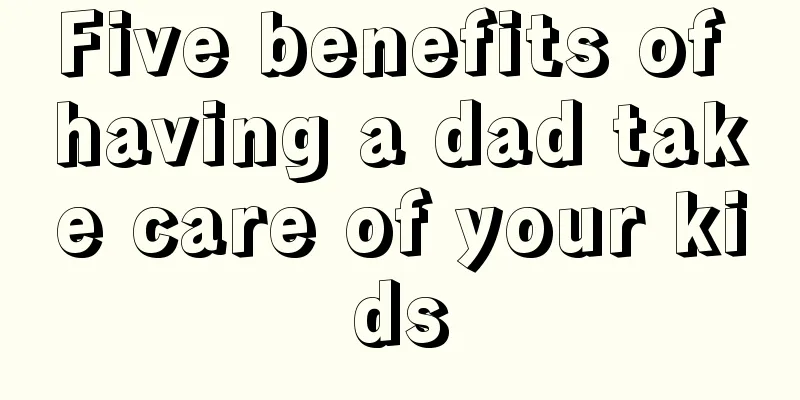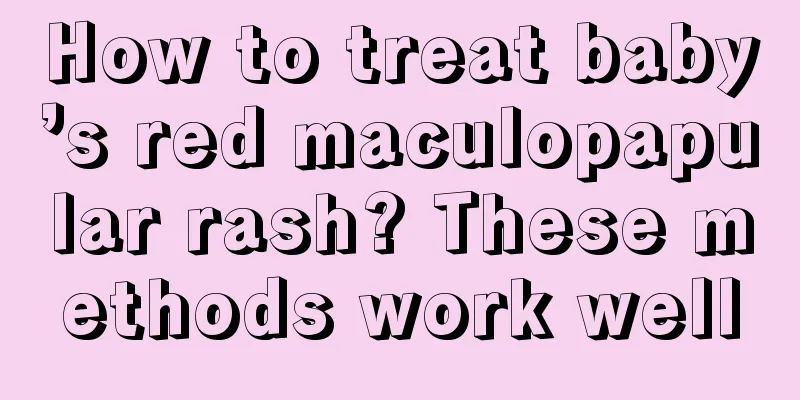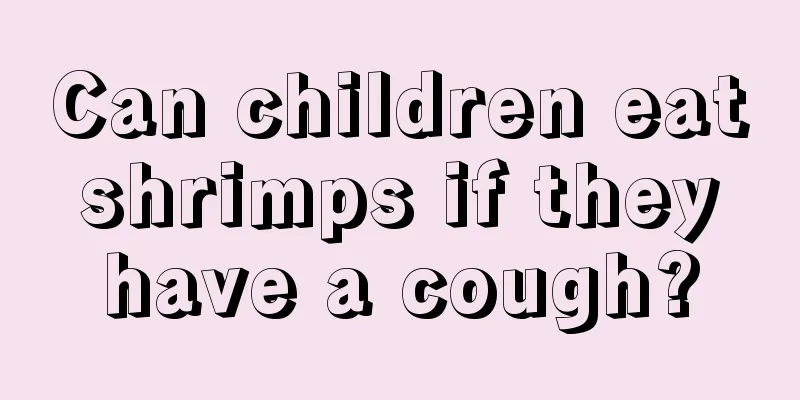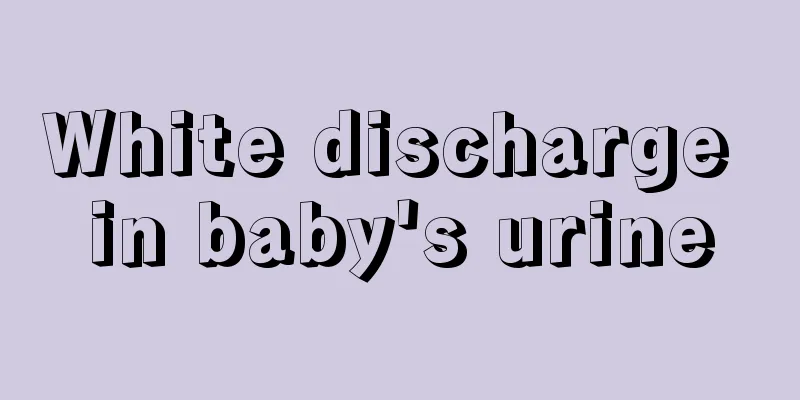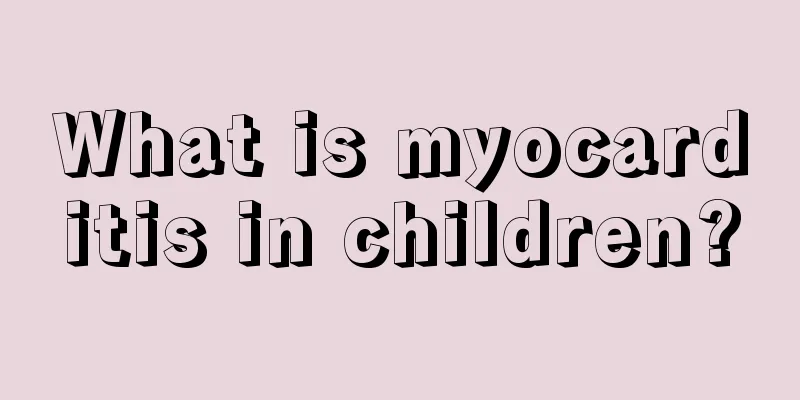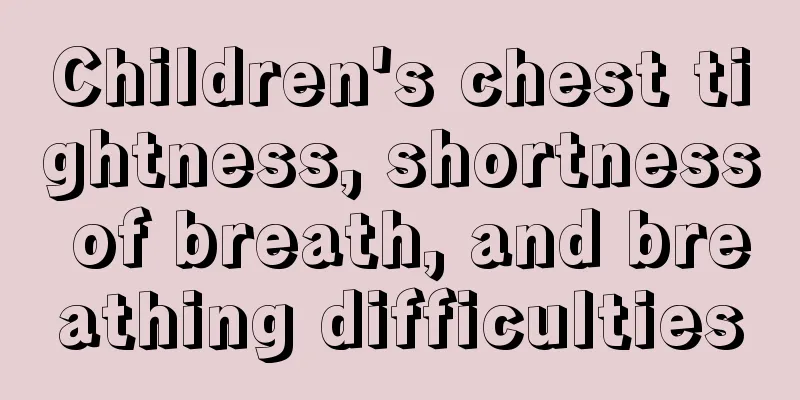Children sometimes have chest pain
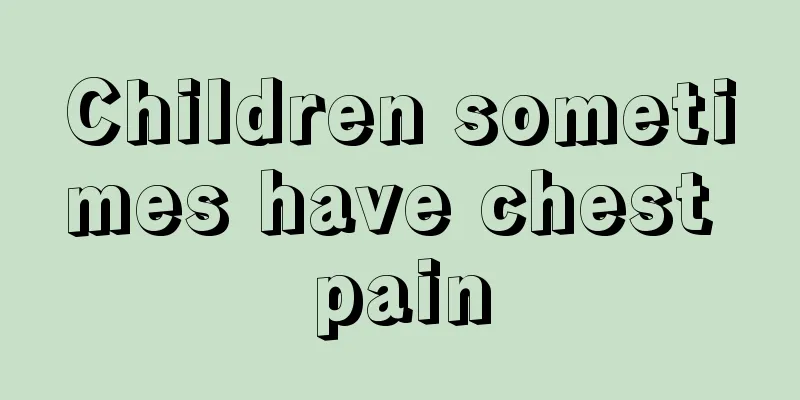
|
Sometimes, children may experience chest pain. In fact, for children, since they cannot express their situation well, parents need to pay more attention. So, do parents know what causes children to have chest pain sometimes? Today we will introduce it to you, and we hope that everyone can take their children to see a doctor in time when children have chest pain. If your child often complains of chest pain, and this often happens when you ask your child to do something, many parents will think that the child is making up excuses to escape, but this is not the case. There may really be a cause behind a child's chest pain, so parents should not ignore it.Causes of chest pain in young children Heart disease is an unlikely cause of chest pain in young children, but there are many other possible causes. The following are some of the more common ones. 1. Caused by injury Injuries to the bones or muscles in the chest can cause a child to feel tightness or soreness in the chest, and sometimes cause a painful cough. Children are more likely to get hurt when they fall or are hit in the chest. If the pain does not get better after 3 days, take your child to the hospital for a checkup immediately. 2. Caused by stress or anxiety If the child does not complain of chest pain at other times, but only experiences this pain when he or she is emotionally excited or depressed, such as before going to school or going to the hospital, this phenomenon does not have a clear physiological cause and is often caused by the child's stress. 3. Caused by asthma If asthma is the culprit, your child will have severe coughing and breathing problems, especially at night, early in the morning, or after running or crying.
If your child has chest pain and a persistent cough, he or she may have asthma. Other symptoms of asthma include: worsening of colds, shortness of breath or even wheezing, high fever, decreased appetite, stomach pain, vomiting, dizziness, headache, etc. If you encounter this situation, parents need to carefully identify the child, and if the child's condition is not optimistic, they need to seek medical attention immediately. 5. Swallowing foreign objects It is not uncommon for children to swallow something, especially if it directly affects their breathing and they need to go to the hospital for emergency treatment immediately. Some common items are easily swallowed by children, such as toy parts, coins, button batteries, etc. Generally speaking, when foreign objects enter the esophagus, they will cause irritation, so the child will obviously feel pain. In addition, there will be symptoms such as coughing, wheezing, and drooling. If some harmful substances are swallowed by children, the consequences will be disastrous, so the home environment must be safe.
If a child complains of chest pain after eating, parents need to consider whether it may be the result of acid reflux. This can easily happen if the child eats in a hurry and lies down immediately after eating. Children may experience a sour throat and mouth, and may even vomit. In this case, parents need to let the child stand up immediately, walk around gently, and drink some warm water to moisten the stomach and intestines. |
<<: What size pillow is suitable for babies?
>>: Red spots on chest and arms
Recommend
Swollen inguinal lymph nodes in baby
When there is a problem with the lymph nodes, the...
What are the symptoms of baby food allergy
We should all know that the baby's body funct...
What causes a child's stomach ache in the morning?
Stomach pain is a common occurrence in daily life...
What should I do if my child has prostate hyperplasia?
Prostatic hyperplasia is a relatively common male...
What to do if your baby has milk curds during pregnancy
The most common problem for babies who are still ...
Why does my baby's mouth smell bad?
Some babies rely on milk powder as their main foo...
Is it poisonous when a child bites you?
In real life, some people are accidentally bitten...
What are the treatments for ADHD in children?
Attention Deficit Hyperactivity Disorder (ADHD) i...
There is secretion on the baby's underwear
There will be secretions on the underwear of baby...
How to treat blisters on children's legs
Recently, many children have blisters on their le...
What to do if a child's tooth falls out
In fact, it is normal for children to lose teeth,...
What to do if your child is allergic to medicine and it itches
Children's physical health is very important,...
What to do if your two-year-old baby gets angry
Getting angry is a common occurrence for adults. ...
What does a one month old baby's stool look like?
Right after the baby is born, because the baby ca...
Can kids drink cocktails?
Alcohol is very common nowadays and many people h...


